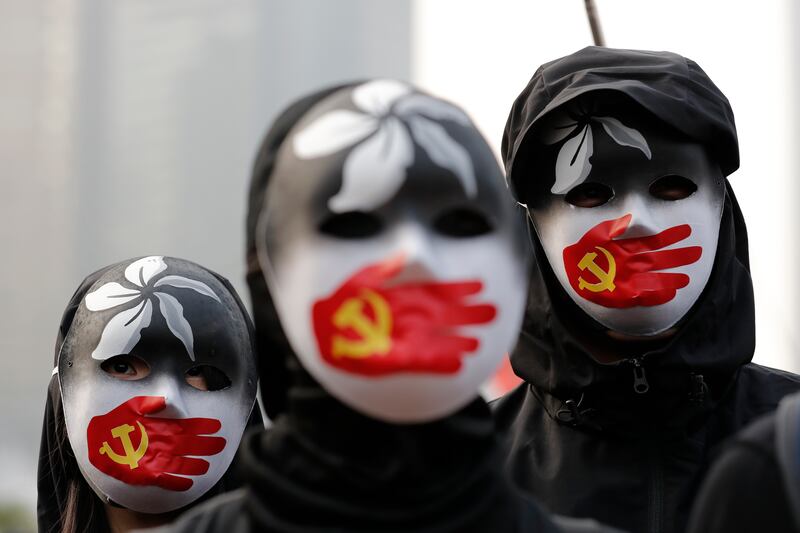Following a terrorist attack in 2014 in the Xinjian region, the Chinese government was infuriated and determined to squelch the unrest. According to human rights watch, Uighurs have been subject to increased surveillance and been forced to provide DNA and other biometric tests. Since then, between 1.5 and 3 million Muslims from the Uighur region have been detained and subjected to physical torture, mental abuse and are being prevented from practicing their religion freely. To put this into context, this is the equivalent of everyone in Salt Lake County to potentially the entire state of Utah being rounded up against their will.
The official grounds for detention is “retraining.” The detained are being given lessons on Communist ideology, Mandarin and job skills training. According to a recent article in The New York Times, students came home at the end of the semester and found that parents, relatives and neighbors have vanished. When students asked where their families were, they were told that their families were in school but couldn’t leave the schools. This is just one of many instances reported in the 403 pages of internal documents that were shared with The New York Times, as one of the largest leaks of government papers from China’s ruling Communist Party in several decades.
This is the largest ethnic incarceration in recent history. The Chinese Embassy tweeted “Trainees take courses that prepare them to succeed under local employment conditions.” Language used to refer to the camps such as ‘retraining’ is frighteningly similar to language that was used for the gulag by Stalin.
As Americans, we understand the tragedy and effects of terror. There is a legitimate fear that terrorism creates. What we need to ask ourselves is, what is the appropriate response to the fear and terror? We know from studying history that fighting violence with more violence is not effective. This strategy rarely achieves the desired goal, and it creates generations of descendants who are left with resentment, bitterness and animosity. It creates disunity and fracture in society.
The world looks to us to help determine which direction our collective moral compass is pointing. As a world leader, we cannot remain silent without responding. As a country and its citizens, we should respond with dialogue first. If necessary, using our economic and social capital with China in order to make a change in its policy.
Last month, a bipartisan bill condemning the “gross human rights violations” passed in the House with a 407-1 vote. This is a great start, but we need to push our representatives to ensure that this gets passed in the Senate and turns into action from the Chinese government disbanding these camps immediately.
The Nobel Prize-winning Holocaust survivor Elie Wiesel said, “The opposite of love is not hate, it’s indifference.” There are times where our moral conscious demands that we act. This is one of them. As citizens, we should write to our local congressional delegation to express our disapproval of this mass incarceration and demand that China disband these detention centers.
The path China went down is unfortunately well trod. As nations become more fearful and blame minority groups for their problems, people will suffer.
Individually, we must make sure we do not do what the Chinese government did and paint a whole people by the actions of a few.
Avais Ahmed is the chairman for the Utah Muslim Civic League.

